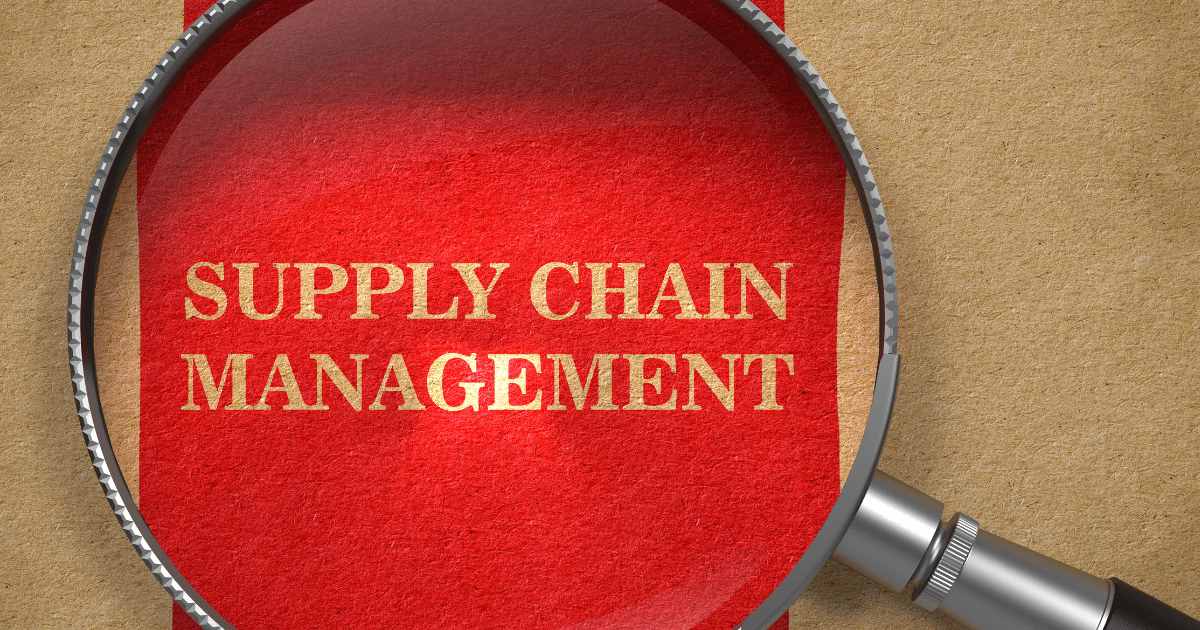
By Yolandi Esterhuizen, Director of Product Compliance at Sage Africa & Middle East and a Registered Tax Practitioner
South Africa’s economy has yet to recover completely from the pandemic and faces record levels of load shedding, constraining South Africa’s growth potential. Taxpayers will be looking at the budget speech from Finance Minister Enoch Godongwana for signs of how the government aims to restore the country’s economic growth and boost employment in the year ahead.
They certainly face a difficult balancing act. Government is under growing pressure to find funds for social spending, including expanding the welfare system and funding healthcare for all. But with higher inflation, increased interest rates and energy costs, and lacklustre economic growth, taxpayers are under strain and don’t have much more to contribute to the fiscus.
Here are some things to look out for in the budget speech.
National Health Insurance
The long-awaited National Health Insurance (NHI) bill is expected to be finalised and tabled in parliament this year. Even after years of debate, there are many open questions about how the government plans to fund the NHI. At this stage, we can’t be certain how it will affect employers and employees via payroll taxes. Many hope the finance minister will shed some light in his speech in February.
Home office tax deduction
While we’ve seen many employers call their teams back to the office, many still work from home part or all of the time. These employees incur significant costs to work from home, including broadband, tech, office equipment, furnishing, and utility expenses. The requirements to claim these expenses are somewhat onerous and perhaps seen as unfair.
In the 2022 budget speech, National Treasury committed to publishing a discussion paper regarding this matter. However, nothing has been published subsequently, and the most recent taxation laws amendment act did not include any changes. It will be interesting to observe if there is an update in the budget this year or if the subject has dropped off the agenda.
Employment tax incentive (ETI)
One of South Africa’s most significant challenges is the high unemployment rate, especially among the youth. This issue can only be solved through sustainable economic growth. The government has tried to address the youth unemployment crisis in part through ETI. However, recent research indicates that it has an ambiguous influence. The scheme remains a great idea; however, if the government simplifies the administration of the ETI, it could encourage more employers to participate.
Unemployment Insurance Fund (UIF)
We have seen growing calls from organised labour and other quarters to place the UIF under administration due to concerns about inefficiency, corruption, and wasteful expenditure. I don’t expect an increase in the contribution rate this year. However, it would be good to see an update from the finance minister about how the government will ensure that the fund remains sustainable and able to pay claims in the future.
Personal income tax and VAT
In the midterm budget update, Minister Godongwana mentioned that revenue collection has exceeded projections in the 2022 Budget and that the gross tax revenue estimate for 2022/23 has been revised up by R83.5 billion to R1.68 trillion. Nonetheless, the IMF expects one-third of the global economy to be in recession in 2023, and the minister has said South Africa’s outlook is also grim.
Even so, I do not believe a VAT or personal income tax rate increase could be justified this year. I am not expecting major changes beyond adjusting tax brackets in line with inflation. In the 2022 budget speech, the government said it would review the approach of adjusting tax thresholds for inflation. Perhaps it will implement an automatic adjustment to cater for inflation.
The power crisis
High levels of Eskom’s load shedding are hampering economic activity. They are especially damaging to small and medium businesses operating on thin margins. We hope to see the President and Finance Minister provide greater detail on how the government will address this crisis. This might include making funds for diesel available to Eskom and fast-tracking reforms to the energy market.
With the regulator approving a steep increase in power prices, smaller businesses face the double whammy of frequent electricity outages but with higher tariffs. We can expect more consumers and businesses to invest in alternatives such as solar. It’s encouraging that the sunset date for the section 12L energy efficient saving allowance has been extended from 1 January 2023 to 1 January 2026.
However, this allowance mainly caters to large entities because the implementation costs are so high. We hope the government is considering a tax incentive or rebate for solar investments more tailored to people working from home and small businesses. Such interventions could make solar more affordable and relieve some pressure on the national grid. While the government is unlikely to introduce these incentives or rebates in the 2023 budget, mentioning their plans would be a step in the right direction.
For media queries:
Idea Engineers (PR agency for Sage)
- Itumeleng Mogaki
- Mobile: +27 (0)82 780 5002
- itumeleng@ideaengineers.co.za
About Sage
Sage exists to knock down barriers so everyone can thrive, starting with the millions of Small and Mid-Sized Businesses served by us, our partners, and accountants. Customers trust our finance, HR, and payroll software to make work and money flow. By digitising business processes and relationships with customers, suppliers, employees, banks and governments, our digital network connects SMBs, removing friction and delivering insights. Knocking down barriers also means we use our time, technology, and experience to tackle digital inequality, economic inequality, and the climate crisis.
Find out more: www.sage.com/za


